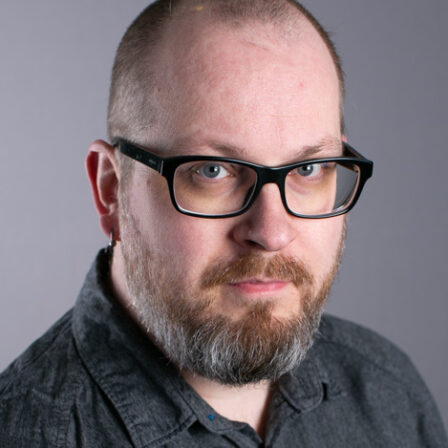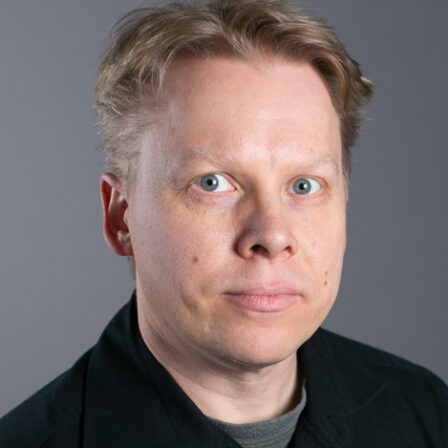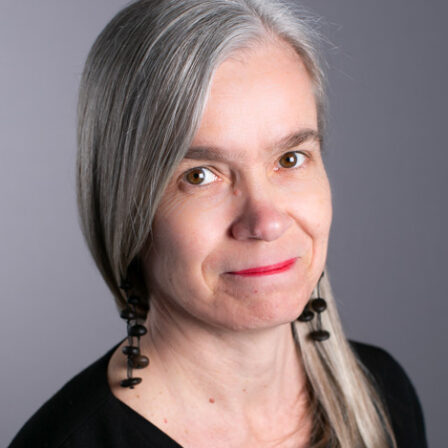Research group
Contemporary Art
We explore the role of contemporary art as part of the social debate. A critical and inclusive relationship with the world around us is part of good life.
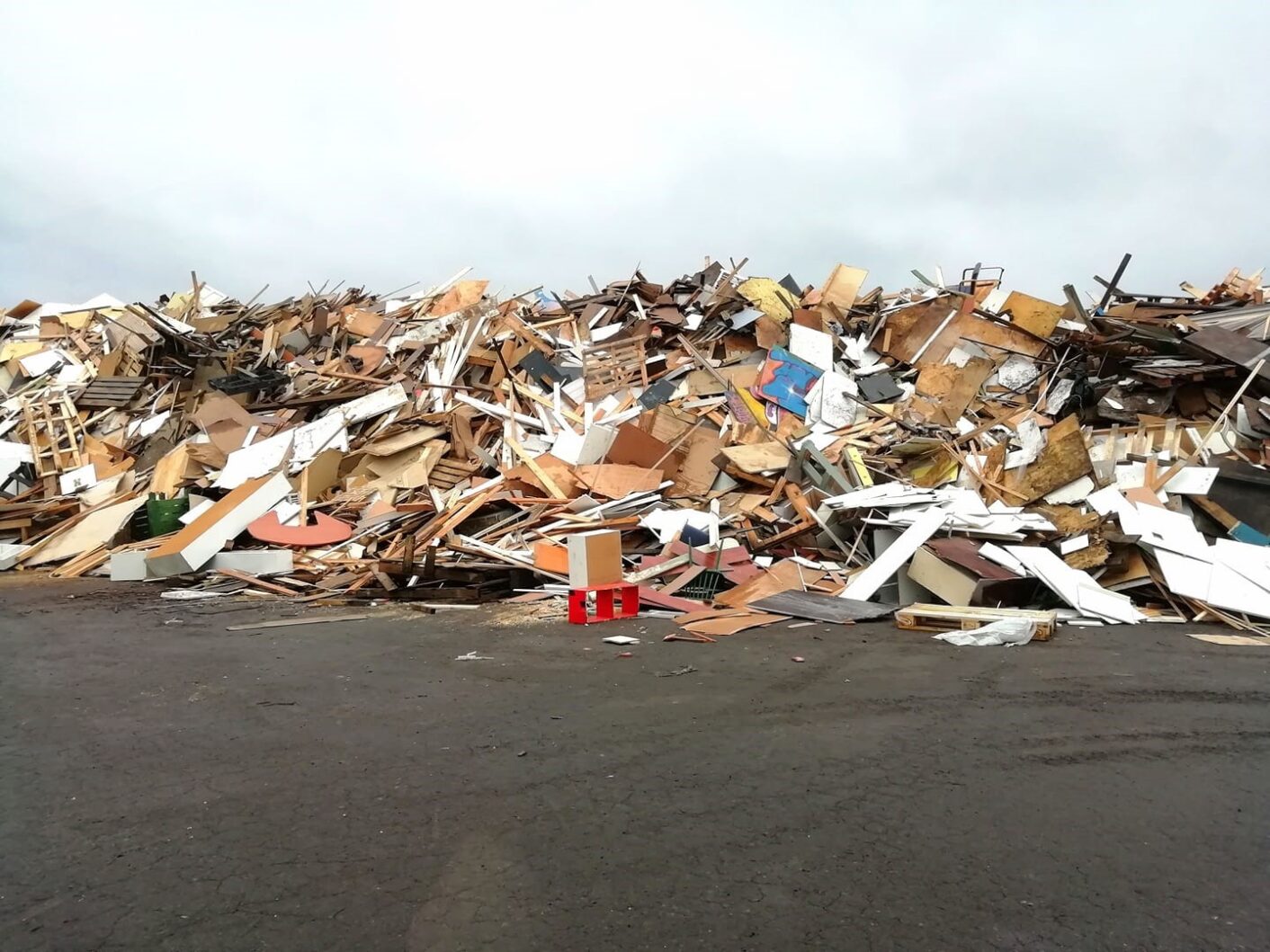
In our projects, we combine art and research, technological innovation and social responsibility.
We build platforms for experimental creativity and inclusive working methods within our projects. Throughout its history, art has played an important role as a developer of new ways to view the world around us and we want to continue that tradition in our work.
Contemporary art provides a great platform for co-creativity, interdisciplinary work and new ways of publishing such as exhibitions and workshops. Art has a strong potential to start conversations with new audiences.
Public art
We are actively developing public art pedagogy and practice and its expanding field. The role of art as part of architecture and place making creates well-being for communities and added value for the environment. Art creates interesting conversations and positive images.
The ecological turn
The ongoing ecological turn is creating new practices in the cultural sector, too. Our research group has been involved in a number of initiatives to explore and create new ways of working. We can only achieve sustainable results through broad collaboration.
Digitalisation in art
The rapid development of digital tools and artificial intelligence is also challenging the art world. In our projects, we increasingly focus on the opportunities created by digitalisation as part of artistic work and multi-professional collaboration. An artistic perspective on new technologies can also help to develop user experiences and accessibility of new applications.
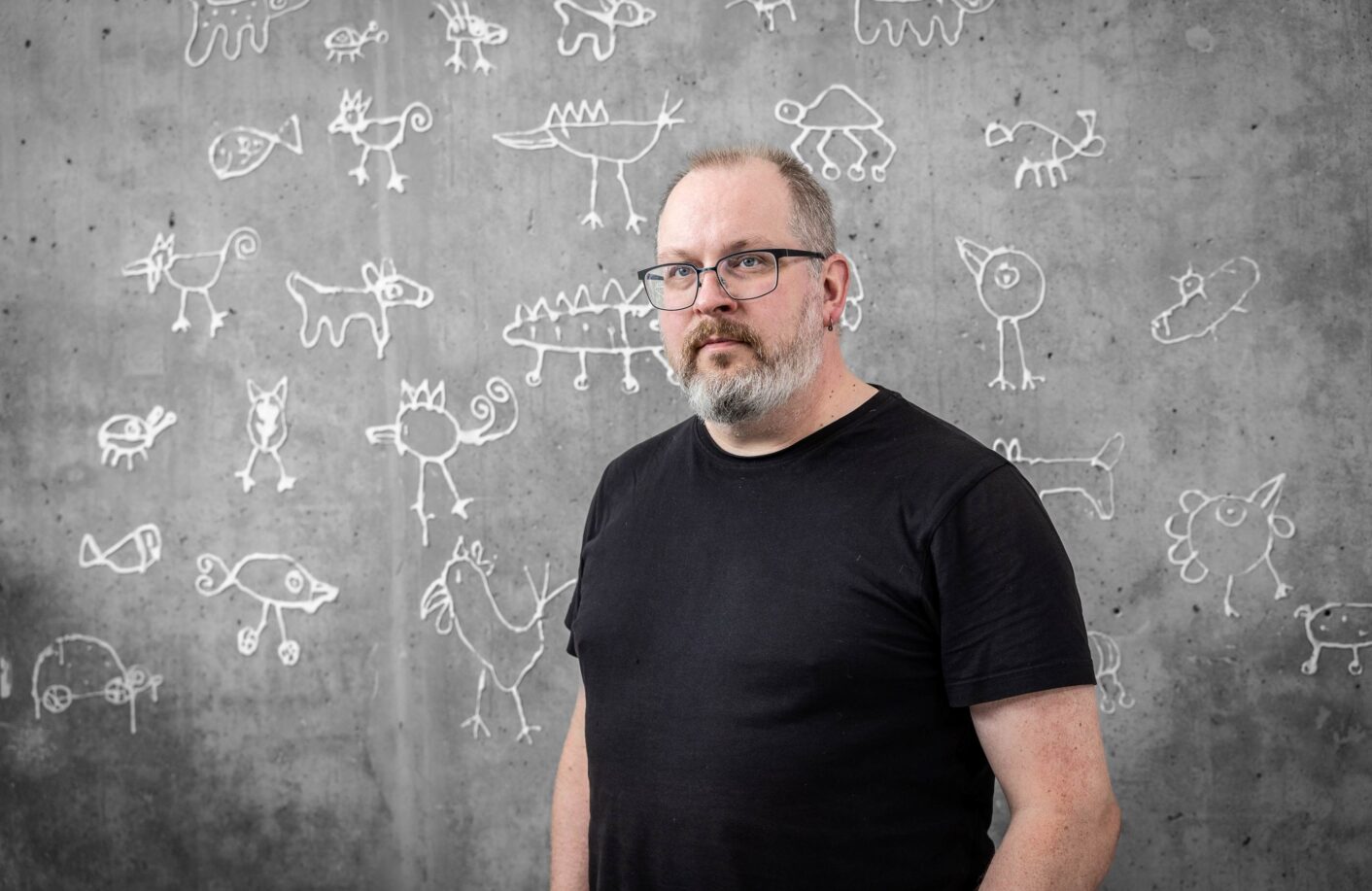
We are constantly looking for new forums for interdisciplinary cooperation. We have witnessed a keen interest for artistic viewpoints from various disciplines that have seldom or never worked with artists before. Our projects are creating new knowledge, new learning and working environments, strong networks and great art!
Eero Merimaa, Senior Lecturer, Research Group Leader
Our experts
We have a broad-based understanding of the role of art in society. Our experience in arts practice, artistic research and project expertise enables us to engage in in-depth RDI activities. We work in multi-professional collaboration with experts from the Turku University of Applied Sciences.
Explore:
The Sustainable Visual Arts Network
The Green Palette project created networks and tools for ecologically sustainable renewal of contemporary art production and presentation methods. The party responsible for the project was Frame Contemporary Art Finland. On the network’s website, you will find, among other things, a calculator with which you can estimate the environmental impact of a work of art, exhibition or other production.
Art programme KampusART
The Kupittaa campus art programme KampusART brought art to the places where people move, into the everyday life of the university campus. As a result of an art programme worth almost €1 million, a total of 21 permanent or temporary works of art were installed in and around the EduCity building of Turku UAS.
“The key to the success of the art programme was the expertise in art that Turku University of Applied Sciences brought to the project,” says Mikko Lehtinen, Managing Director of Turku Technology Properties.
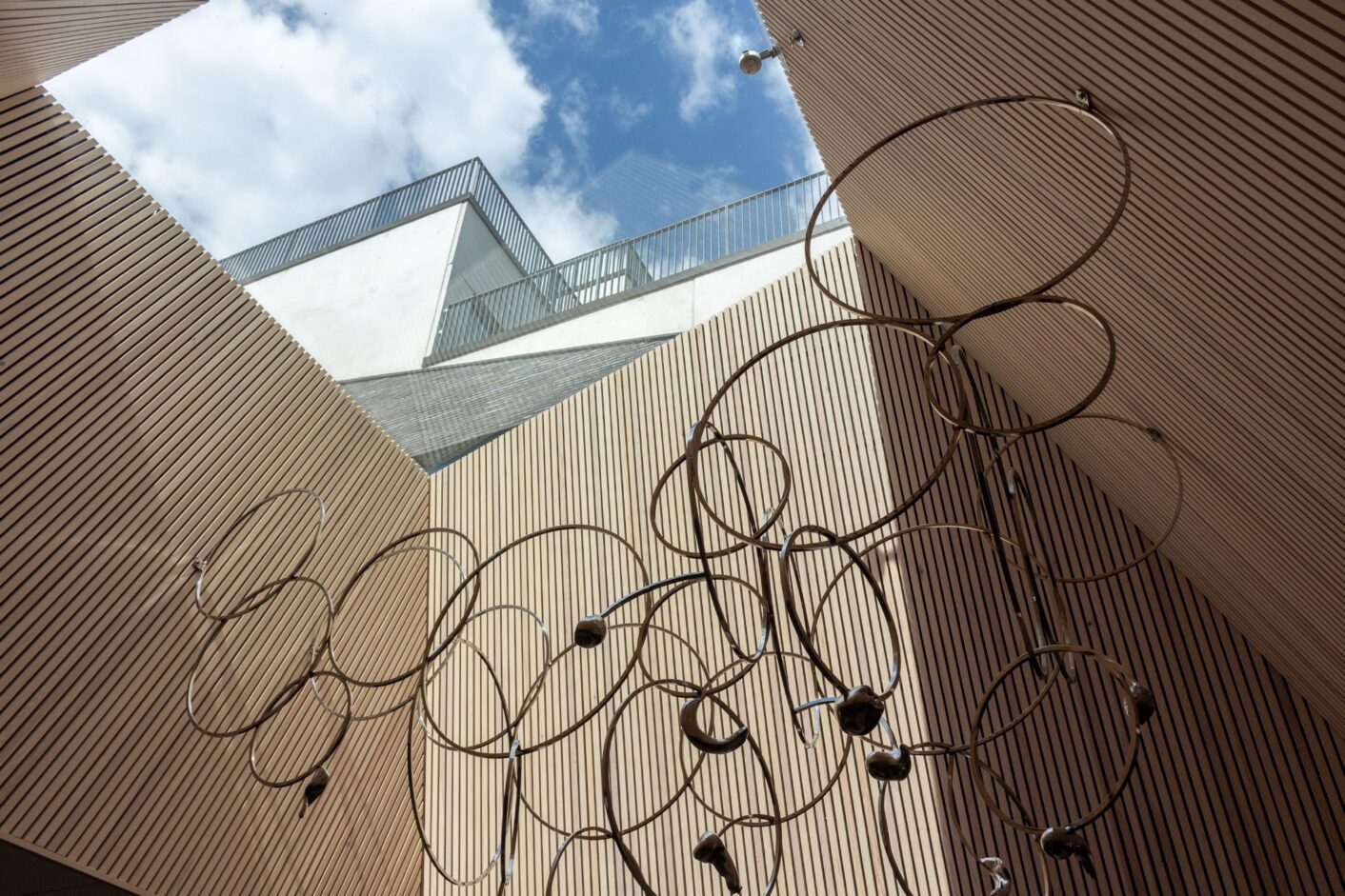
Publications
- Kotilainen, Riina (ed.): Taidetta kampuksella
- Piitulainen, Mira (ed.): Kuntakuvataiteilija, kuvataiteen ammattilaiset kuntien kehittäjinä
- Rantala, Nina: Säteilevä kampus
- Viljakka, Siiri: Onnistuneen sarjakuvatyöpajan salaisuudet – kuntakuvataiteilijana Paraisilla
- Who needs public arts? Digital and Critical Views on Public Art Pedagogy – PARTGO
We work in networks
We use our national and international networks and partners to plan and implement projects.
Our main networks include
Educations related to our action
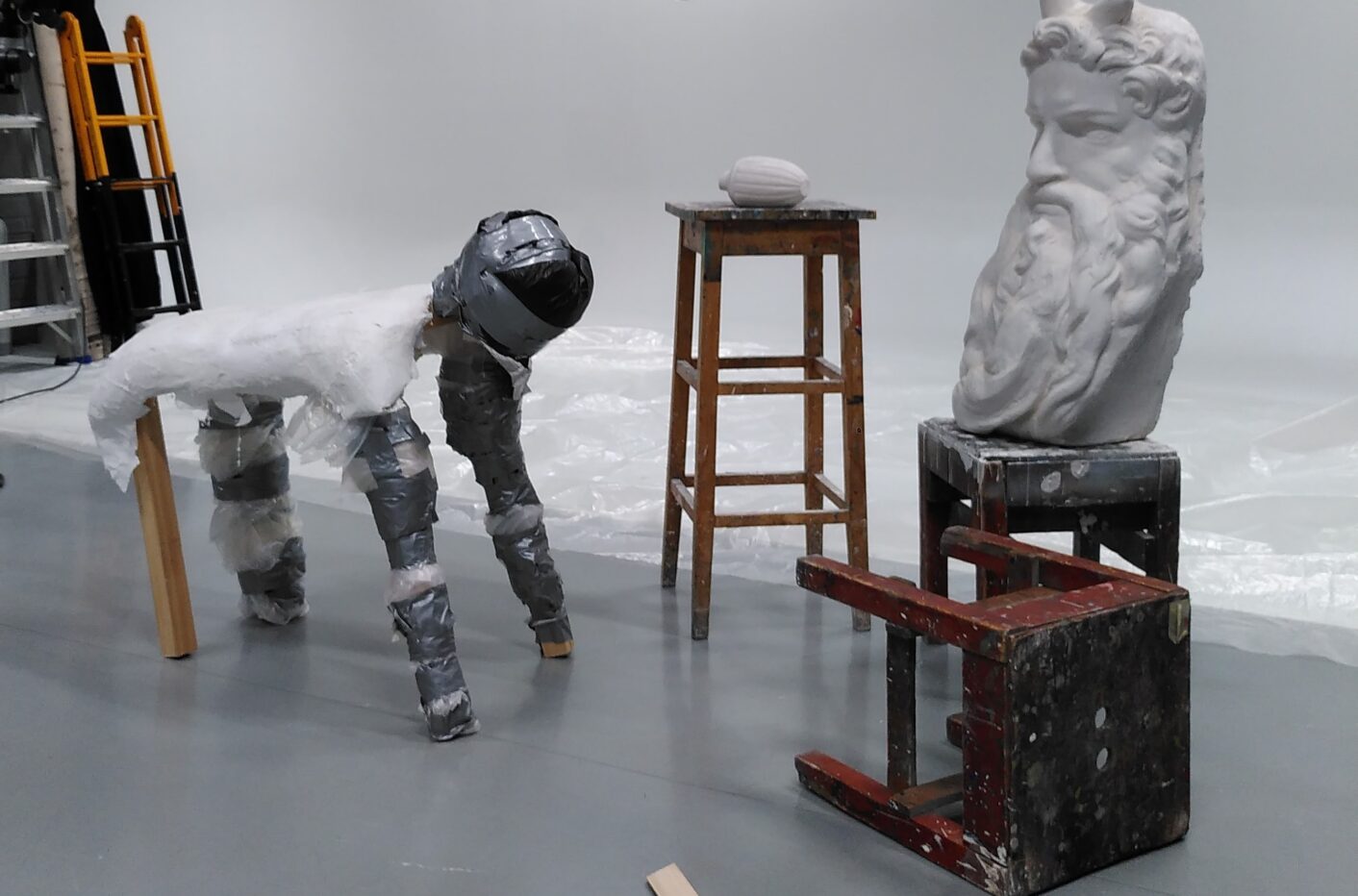
Learning environments support our activities
Our research, development and innovation (RDI) activities are closely linked to education. The active involvement of students in projects and learning environments also ensures that students graduate with the skills they need to meet the demands of the world of work in their field.
The versatile learning environments of visual arts education allow for the extensive use of traditional artistic methods. In addition to printmaking, painting and sculpture work spaces, we also have working environments for photography and animation, as well as access to sound and video studios.
A multi-professional university also offers the opportunity for boundary-pushing collaboration; the machine technology centre’s equipment base, which supports the needs of industry, also lends itself to artistic processes. Large-scale 3D printers and laser cutters also enable large-scale projects.
Strong project skills
Turku University of Applied Sciences’ Project Office offers support and guidance throughout the life cycle of an RDI project. Our project experts have years of experience and strong expertise in national and international funding programmes. We have more than 200 projects running every year, and our RDI activities have received more than €10 million in external funding.

